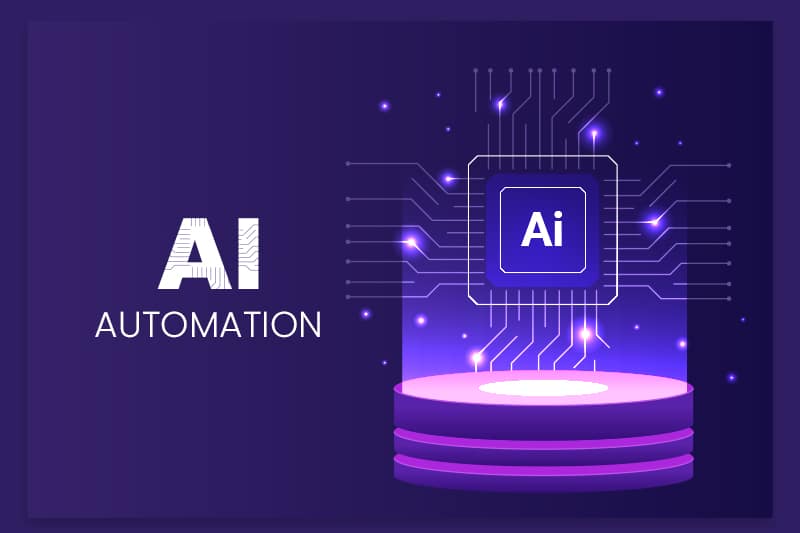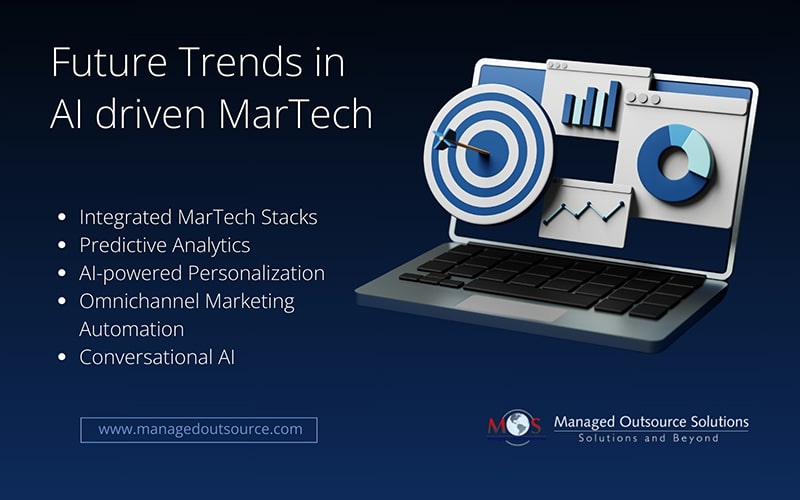The COVID-19 pandemic has dramatically reshaped the global business landscape, accelerating the adoption of digital technologies across industries. Marketing teams, in particular, have faced unprecedented challenges, such as shrinking budgets, layoffs, and shifting consumer behaviors. Despite these obstacles, one sector has thrived: Marketing Technology, or MarTech. According to Forbes, B2B marketers in the U.S. spent $7.68 billion on marketing technology systems in 2023, with projections to grow to $10.11 billion by 2025. Furthermore, 44% of SMB owners and marketing leaders aim to incorporate AI and automation technologies in their strategies in the coming years. As the demand for rapid data analysis grows, data handling and processing solutions play a pivotal role in enabling businesses to manage, analyze, and act on their data efficiently.
The Emergence of MarTech as a Business Enabler
MarTech represents a set of technology-driven tools designed to enhance marketing processes, from automation and personalization to analytics and data management. The pandemic underscored the importance of leveraging MarTech to address shifting consumer demands and enhance customer experiences. Key drivers include:
- Data is Important More Than Ever – Data is nowadays more important than ever, as companies need to use the data that has been collected. Data needs to be stored and mined for insights that can help not only marketers, but other departments as well. A culture of analytics is not just about data either. Rather, it is a fundamental way of running an operation to center itself on data, removing bias from decision making. This is the stage wherein importance of tools arises. Right from real-time data streams for e-commerce or IoT to greater CX data from customer, customer data platforms are a prominent way to handle data from various sources. Therefore, make sure to invest in a specific data platform that can help you get the most from your data. However, investing in the right technology with the wrong people will never yield optimal results. This may be the primary reason why analytics software providers like SAS are committed to encouraging the “Analytics Culture.” Solutions such as automated data analysis are now key to unlocking value from raw marketing data.
- Focusing on Automation – It is important for marketing teams to bring in a dynamic presence into the lives of their customers, whether they are making sales or not. Automating the processes is a unique way to build touch points with fewer people and limited budget. Even more than big data, marketing teams now need to devise new ways to promote personalized messaging on all relevant channels quickly. Artificial Intelligence (AI) and machine learning now move beyond traditional RPA on marketing lines. Intelligent RPA and hyper-automation make the most of their marketing dollars. This is something that is being built into marketing clouds, CDP and other marketing automation tools. Generic automation may not bring the expected results. However, trying to personalize without the right tools to grow is nearly impossible. Finding the right balance is key, and this is where the tech layer and analytics culture must find momentum to deliver on customer expectations. Customized data processing services for marketing firms are a great solution that will help meet precise targeting and segmentation needs of individual businesses.
- Understand the Effectiveness of ROI – In the pandemic situation, it was crucial to understand how you spend your money on marketing activities and whether they were effective or not. Nowadays, the key indicator to measure the marketing effectiveness is not sales. Rather, the performance marketing is measured in terms of customer contentment, low phone wait times and more engagement in social media channels like Instagram, Facebook etc. In fact, SaaS applications can help you analyze the specific metrics for your ROI which can help companies get a solid grasp of how well their marketing is working and where they can afford to reduce spending (if it is not yielding in the desired results). Businesses also rely heavily on real-time data analytics to monitor campaign outcomes and make immediate adjustments.
- Focus on Building Strong Customer Relationships – In today’s marketing world, paying zero attention to customers is no longer acceptable. According to a recent Technology Review Insights survey of more than 1,000 business leaders, 87 percent of respondents have begun deploying AI in their business, with most implementing various programs to improve customer service. It is estimated that 96 percent of marketers agree that efforts to personalize a business experience or transaction will help advance customer relationships. In fact, startup businesses can use AI and personalization to their benefit by leveraging existing data to build a friendlier relationship. Customers always look for a deeper level of connection no matter whether they are current customers or not. Martech will allow teams to maintain a level of interaction which will provide high levels of customer experience, even in negative sales conditions. Right from notifying a customer about a specific product back in stock or providing up-to-the-minute inventory status, market intelligence solutions can help build and maintain strong customer relationships that save time and result in continued satisfaction.
- Future-proofing is Crucial – Even though ads spend and budgets will reduce overall, estimates suggest that ad spend on Martech will continue to grow. This is simply because companies that didn’t opt for this marketing technology earlier have now officially learned their lesson about falling behind. In today’s pandemic situation, no company will ever go un-digital with customer sales or communication – ever again. Martech has undergone significant growth and has become a unique way to reach homebound customers and maintain a relationship with them that is meaningful. To support this shift, many businesses are now investing in secure data processing services for enterprise use to manage sensitive information efficiently and ensure data integrity across digital touchpoints. In fact, even before the pandemic, marketing automation investment was expected to hit $25 billion by 2023, up from $11.4 billion in 2017. It is expected that those numbers will be further revised upward due to COVID – 19 pandemic.
Key Trends Shaping AI-driven MarTech
- Integrated MarTech Stacks: Companies are moving beyond isolated tools to integrated ecosystems that combine CRM, Customer Data Platforms (CDPs), and marketing automation systems. This integration provides a unified view of customer interactions, enabling seamless data sharing and improved campaign orchestration.
- Predictive Analytics: AI-driven predictive models help marketers forecast campaign results, segment audiences, and optimize spending. For example, machine learning algorithms analyze historical data to identify patterns in customer behavior, leading to more targeted and effective campaigns.
- AI-powered Personalization: Gone are the days of generic marketing messages. AI models can process customer data—including browsing habits, purchase history, and preferences—to deliver highly relevant and timely content, fostering better engagement and higher conversion rates.
- Omnichannel Marketing Automation: AI-enhanced automation tools now enable consistent and context-aware communication across multiple channels, including social media, email, SMS, and web platforms. This ensures a cohesive brand experience, regardless of where the customer interacts with the business.
- Conversational AI: Chatbots and virtual assistants powered by natural language processing (NLP) provide instant responses to customer inquiries, recommend products, and guide users through their purchasing journeys. This not only enhances user experiences but also reduces operational costs.
The COVID-19 pandemic has highlighted the transformative power of automation, AI, and analytics in shaping the future of MarTech. These technologies have enabled marketing teams to adapt to challenges, optimize processes, and deliver personalized experiences at scale. At the heart of this transformation lies the ability to manage and process data effectively, underscoring the importance of data processing services in driving successful outcomes. By embracing these advancements, businesses can stay competitive and resilient in an ever-evolving marketplace.





